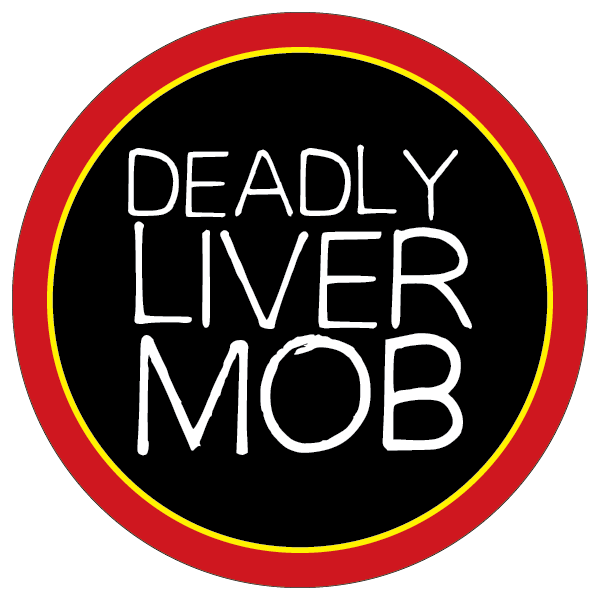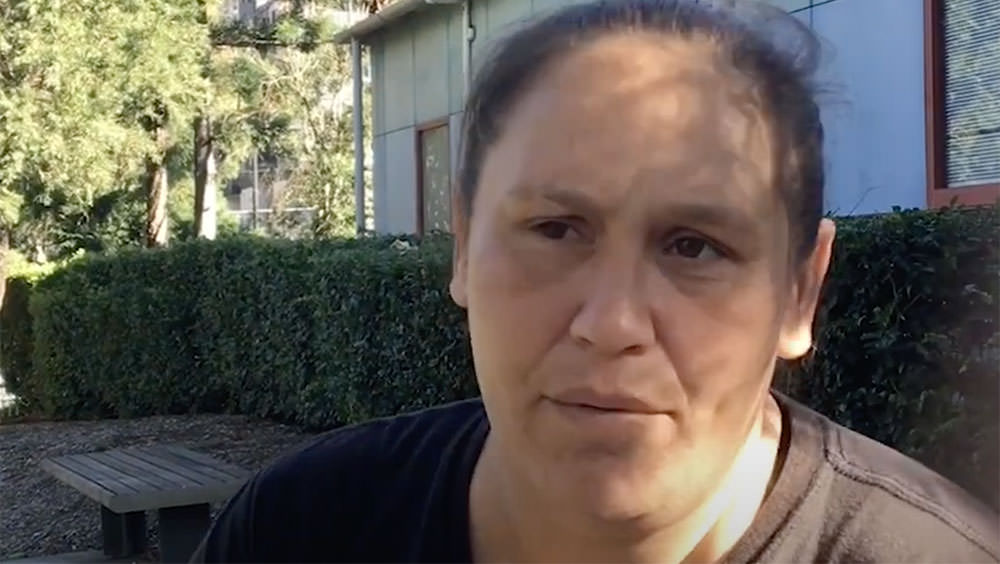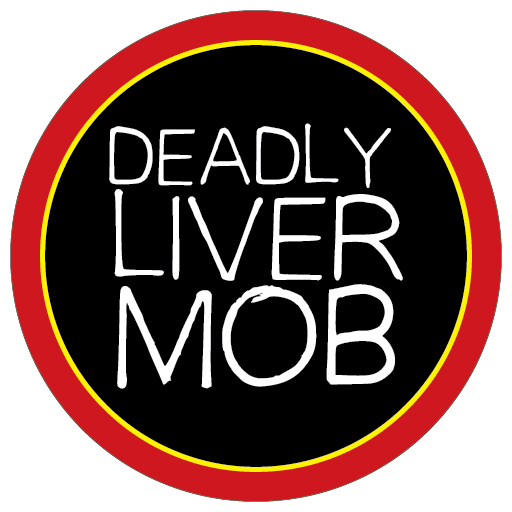To initiate the program, the Aboriginal Deadly Liver Mob worker and Needle and Syringe Program (NSP) workers can talk with Aboriginal NSP clients about the Deadly Liver Mob program to explain that it will be starting soon. A small number of NSP clients were approached by Deadly Liver Mob workers and invited to be a ‘seed’ client. A ‘seed’ is a person who meets the program criteria for participation. They can be identified by the Deadly Liver Mob program staff, referred by NSP staff, self-referred or referred by another agency. The Aboriginal Deadly Liver Mob worker will explain how the program works by walking potential participants through the program flow chart. Seed clients are taken through the program, including testing, and then act as recruiters by spreading word about the program. These clients receive voucher incentives for their participation in each stage.
Aboriginal Elders in the local community may also be invited to go through the program, including education, screening and results. Even though Aboriginal Elders fall outside of the target population (as sexual health targets a younger audience) and may not meet the eligibility criteria for participation, this group is crucial to getting feedback on cultural appropriateness and acceptability. Additionally, if Elders respond positively to the program and understand its importance, this is an effective way to spread the word about the program through Aboriginal networks. In future Deadly Liver Mob sites, Elders should be approached early in the implementation as they may have important feedback on the delivery. Each site would need to decide whether to provide payment or vouchers for the time of Elders to go through the program, and they may choose only to go through certain aspects e.g. education rather than screening.
New Deadly Liver Mob sites should attempt to engage with the local Aboriginal Community Controlled Health Services (ACCHS) and any other relevant local Aboriginal and other organisations. Deadly Liver Mob staff can liaise with other relevant services to explain the program to staff. These services can include opiate substitution treatment clinics, probation and parole services, housing services etc. When talking about the Deadly Liver Mob program in these services, the program was positioned as inviting all Aboriginal people to undertake education and health screening. No specific mention of injecting drug use was made.
Briefing to other services can be verbal without printed promotional material.
The Deadly Liver Mob program combines health promotion and education delivered by Aboriginal health workers, a peer referral model and payment incentives to improve engagement, testing and treatment of bloodborne viruses and sexually transmissible infections.


